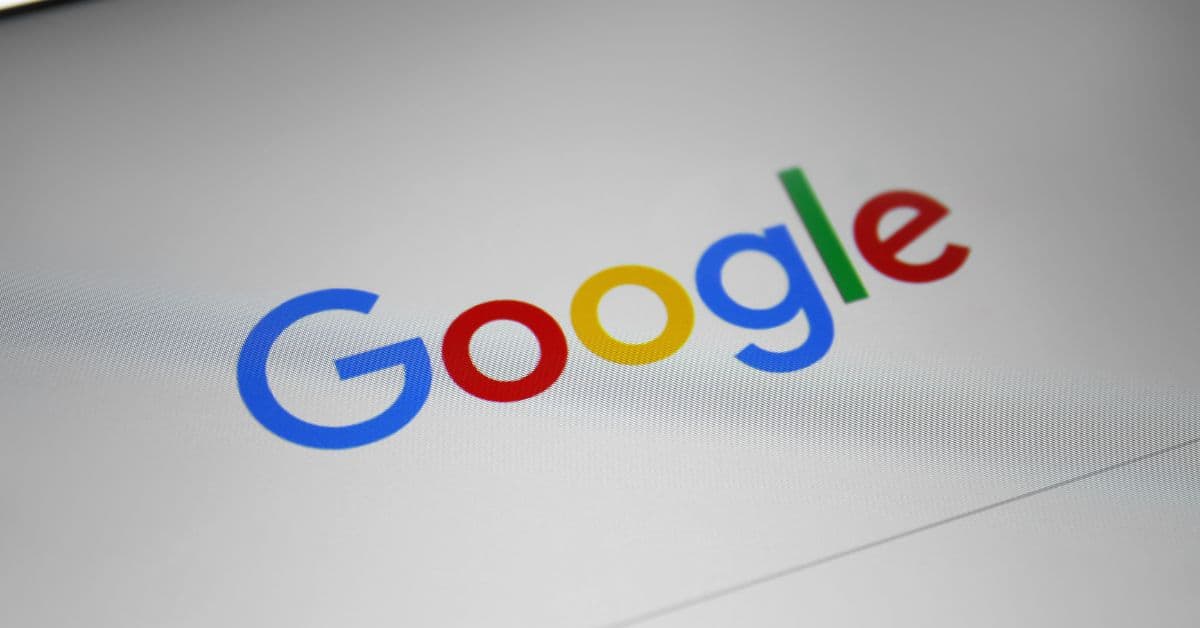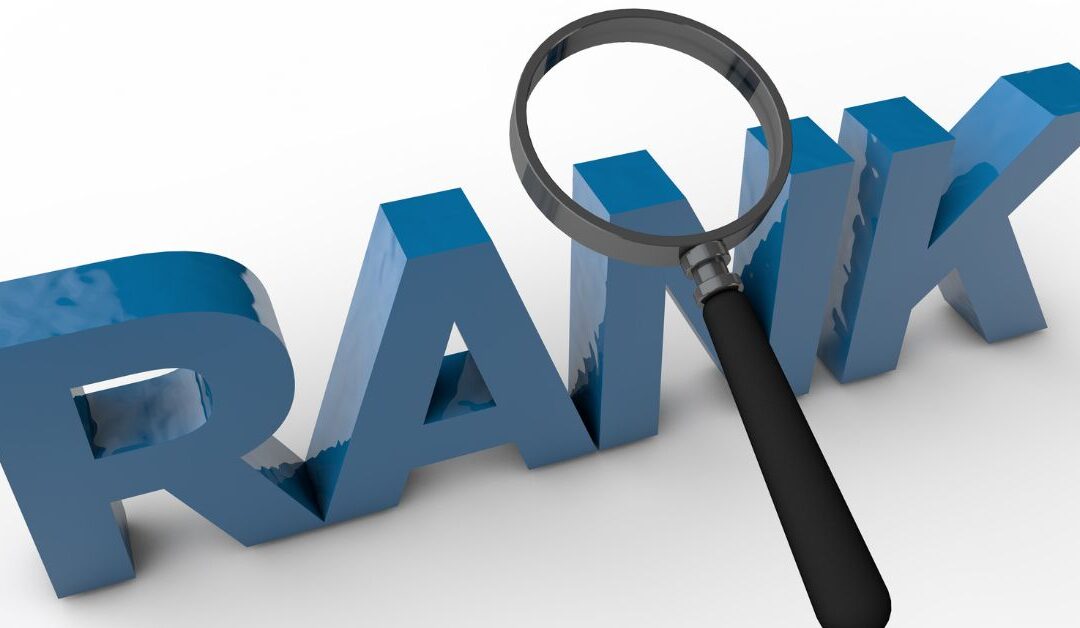The Power of Google Ranking: Driving Sales to New Heights
Understanding the world of Google rankings can be like attempting to solve a complex puzzle. However, once you grasp its importance, you will find that it is your ticket to a significant increase in sales.
Understanding the Value of Google Rankings
Google rankings can make or break your business in the digital world. High rankings mean increased visibility, resulting in more website traffic, higher brand credibility, and ultimately, increased sales.
Why Google Ranking is Crucial for Your Business
Google processes over 3.5 billion searches per day, making it the most popular search engine globally. When potential customers search for products or services related to your business, appearing on the first page of search results can be the difference between a visitor and a conversion.
The Impact of Google Ranking on Web Traffic
The position of your website in Google search results directly correlates with the amount of traffic your site receives. Here’s a quick glance at the average click-through rates (CTR) based on the Google search result position:
| Position | Desktop CTR | Mobile CTR |
| Google Ads | 1.91% | 4.10% |
| Google Shopping | 0.86% | 1.46% |
| Map Pack | 6% | 25.10% |
| Position 1 | 31.70% | 22.60% |
| Position 2 | 14.60% | 13.10% |
| Position 3 | 9.50% | 9.50% |
| Position 10 | 2.50% | 3.90% |
| Position 12 (Page 2 | 1% | 1.60% |
| People also ask’ box | 3% | 4% |
| Featured Snippet | 8.60% | 8.60% |
| Image search | 0.21% | 0.55% |
These numbers demonstrate why striving for a high Google rank is essential for your business success.
Google Rankings and Accommodation Sales
For hospitality businesses, a high Google ranking is vital for driving direct accommodation bookings, which will help keep commissions lower and a better customer journey.
How a Higher Google Rank Boosts Accommodation Bookings
If your hotel or serviced accommodation website ranks high on Google, you’ll increase your online visibility, making it easier for potential guests to find your offerings. This improved visibility often translates directly into an increase in direct bookings.

Case Study: A Real-life Impact of Improved Google Rankings
Consider the case of a small boutique hotel that was struggling with online bookings. After implementing an effective SEO strategy, they managed to improve their Google ranking. In six months, they experienced a 50% increase in direct bookings, proving the direct correlation between Google rankings and accommodation sales.
The Power of Google Rankings in Online Product Sales
Just as with accommodation sales, Google rankings play a significant role in the success of online product sales.
The Importance of Google Position for E-commerce Success
E-commerce businesses are heavily reliant on organic search traffic. Prospective customers often use Google to research products before purchasing, and if your e-commerce store appears in the top results, you are more likely to attract these potential customers. If you are selling online it is therefore imperitve that you use the Google Merchant Centre. Google Merchant Center is a tool that allows you to upload your store, brand, and product data and make it available to Google Shopping and other Google services. It serves as the central hub where your product feeds are managed and uploaded for use in online advertising and other Google ecommerce services. It’s instrumental for running Google Shopping Ads, as it’s where your product data feeds live and where you set tax and shipping rules. It essentially enables your products to appear across different Google platforms and helps drive traffic and sales for your ecommerce business.
From Google’s Top Page to Top Sales: The E-commerce Journey
High Google rankings provide you with a chance to present your products directly to interested buyers, improving your chances of making a sale.
Google Rankings and Local Search: A Game Changer for Small Businesses
Local search has become an invaluable tool for small businesses, particularly those with a physical presence. If you are not usilising your Google Business Profile you can be almost invisible. It is vital as a physical ‘bricks and mortar’ type business to appear in the map section and to appear when people are ‘mobile’ searching for ‘businesses near me’.
Google Business Profile, formerly known as Google My Business, is a free and easy-to-use tool for businesses and organisations to manage their online presence across Google, including Search and Maps. It allows you to create a listing for your business on Google, making your business more visible online and improving local search visibility.

Understanding Search Intent: Aligning Your Strategy with the Customer’s Journey
Search intent, also known as user intent, is the ultimate goal a user has when typing a query into a search engine. It’s a crucial concept in SEO because if you match specific needs of your users, you’re more likely to achieve higher engagement and conversion rates. Typically, search intent is divided into three main categories that align with the customer’s journey: informational, navigational, and transactional.
Informational Intent (Top of the Funnel)
At the top of the funnel, users are generally seeking answers to questions or more information about a specific topic. They might not be aware of your brand or even that they have a need that your product or service can meet. Your aim here is not to sell but to provide value, establish authority, and build trust. The focus should be on creating high-quality, informative content that answers their questions and solves their problems.
Navigational Intent (Middle of the Funnel)
As we move down to the middle of the funnel, search queries become more brand-focused. These users have progressed from seeking general information to looking for a specific website or product. This is your chance to guide users to appropriate sections of your website, such as specific product pages or your about page, and to further establish your value proposition.
Transactional Intent (Bottom of the Funnel)
Finally, at the bottom of the funnel, the user’s intent is transactional. These users are ready to make a purchase, sign up for a service, or otherwise convert. Their search queries will often include terms like “buy,” “coupon,” “deal,” “book,” or “order.” Your goal is to make this process as seamless as possible to ensure that users follow through with their intended action.
This is where your SEO and paid search strategies intersect. For users at this stage, appearing in the top organic search results and in the paid ads can be particularly beneficial. The higher visibility not only drives traffic but also reinforces trust and authority, further increasing the likelihood of conversion.
When developing your SEO strategy, keep the concept of search intent in mind. Tailor your content to meet the needs of users at each stage of the funnel and make sure your site structure and navigation aids their journey. Combined with strategic use of paid ads, this approach can lead to both immediate and long-term growth in traffic and conversions.
In the hospitality and accommodation industry, understanding and catering to search intent is key to driving bookings. By offering valuable content at each stage of the funnel, you can attract and retain potential guests, ultimately improving your visibility and booking rates.
Conclusion: The Power of Positioning and Search Intent
There’s no denying that a higher position in Google search results correlates with more clicks and potentially more sales. Yet, achieving that coveted spot requires an in-depth understanding of SEO strategies, including keyword research, high-quality content, backlinks, and catering to search intent.
Keep in mind that while SEO offers sustainable growth, Google Ads can provide a quick boost to your visibility, particularly for transactional searches. Balancing both strategies will ensure that your business is well-positioned to attract and convert customers, whether they’re booking a short-term rental or buying a product online.
Investing in your online presence by optimising your SEO and leveraging Google Ads is not just about improving your Google ranking, it’s about gaining visibility, trust, and authority in your industry. It’s about connecting with your audience at each stage of their journey and providing them with the best user experience possible.
Remember, a well-executed digital marketing strategy can be the difference between being unseen or standing out in the crowd.

